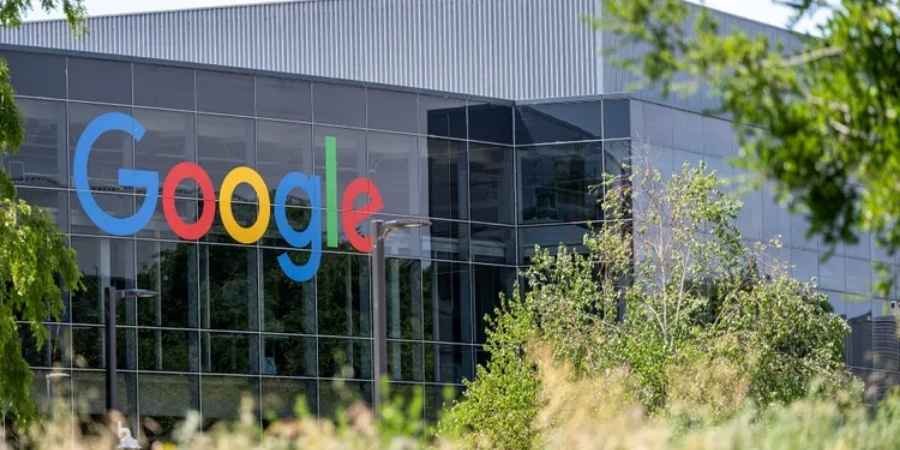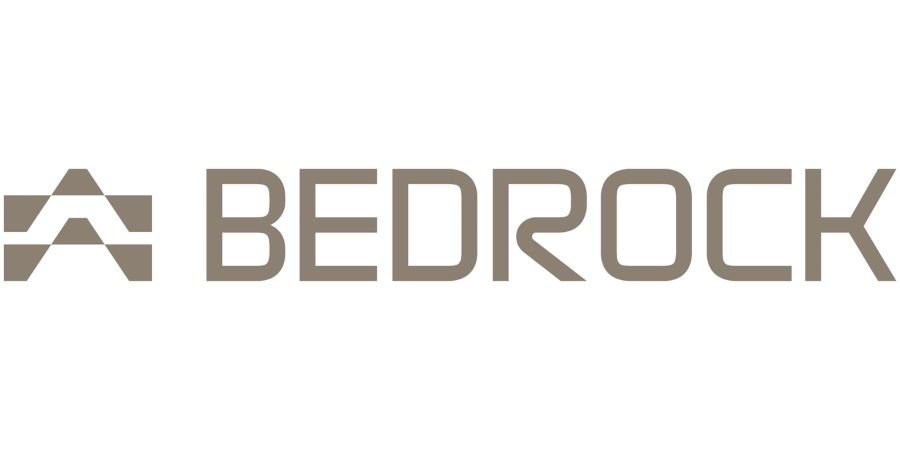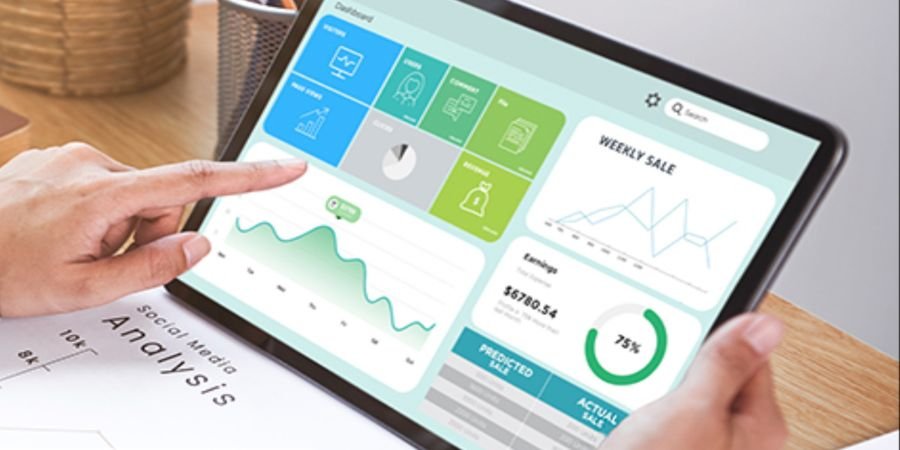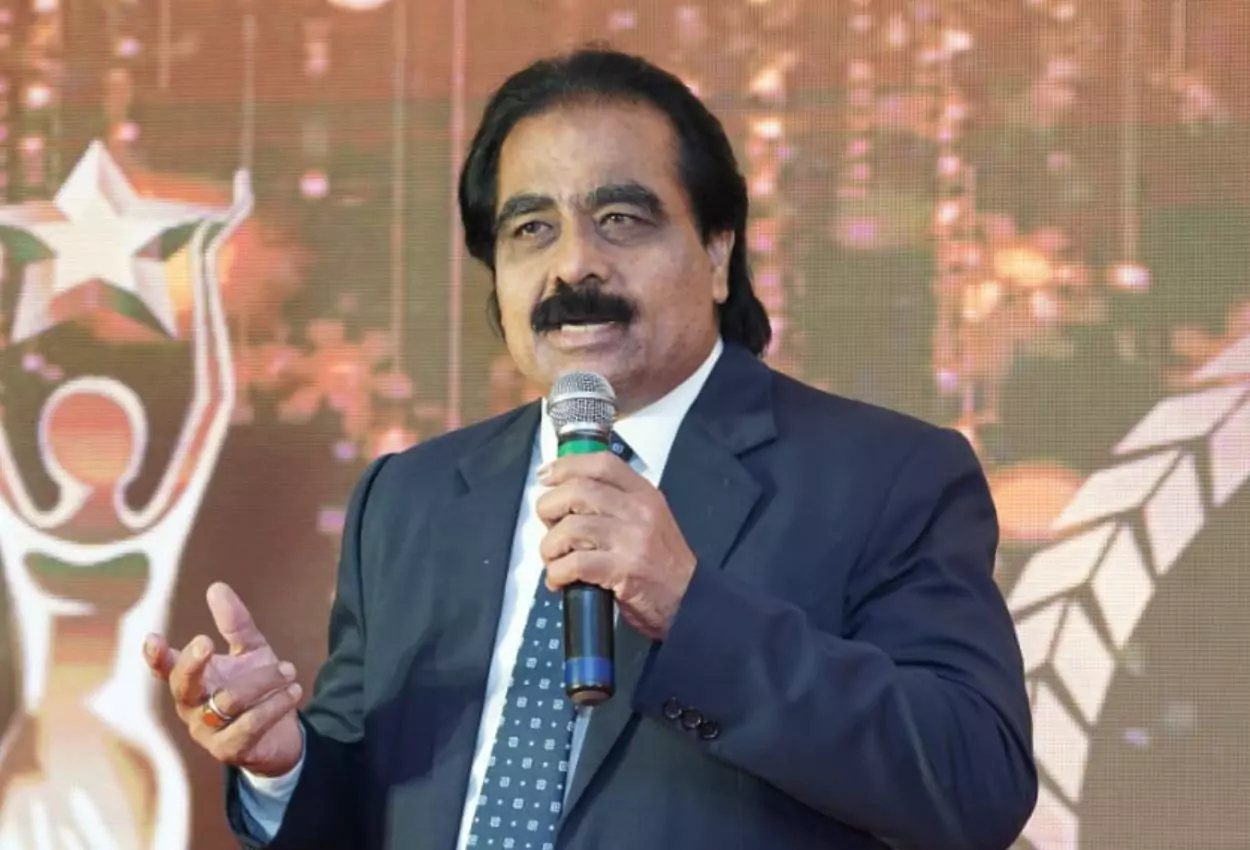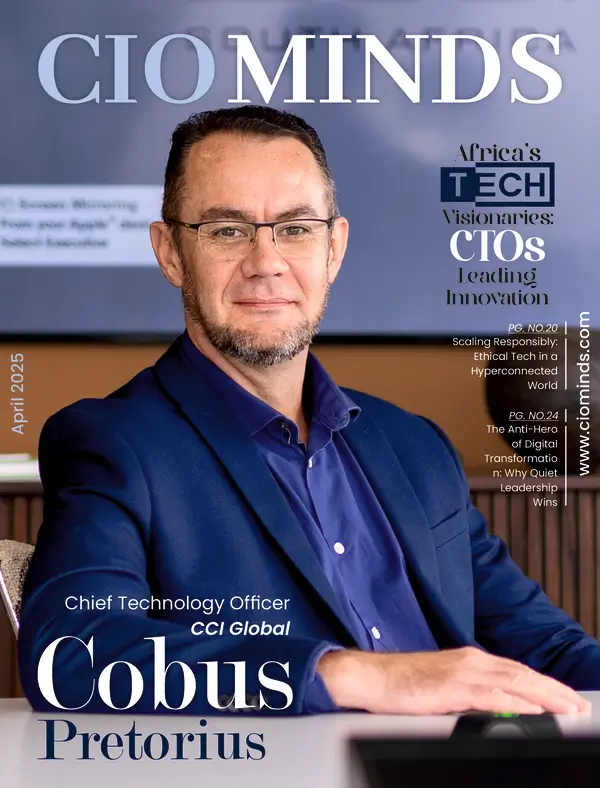Campfire, a small but aggressive AI-powered ERP startup founded in 2023, has just closed a $35 million Series A funding round led by Accel with participation from Foundation Capital, Y Combinator, Capital 49, and angel investors such as Mercury’s CFO Dan Kang. The investment reflects strong belief in the vision of Campfire to make finance and accounting processes more modern for startups and mid-market technology companies.
Massive Customer Adoption
Even though it is tiny, only 12 staff at seed stage, Campfire has made significant progress into organizations that had long depended on legacy systems such as NetSuite. Within less than a year, the startup acquired customers with over 100 staff who migrated from NetSuite. Some of the notable migrations are wealth-management provider Advisor360, construction-tech company Rhumbix, and experiential brand Fooji.
From YC to ERP Disruption
CEO John Glasgow, a veteran finance executive, initially established an impressive record working at Fidelity, Union Square Advisors, and VP at Adobe. He subsequently joined Accel-backed startup Invoice2go, which was acquired by Bill.com in approximately $625 million in fall 2021. That experience prompted him to start Campfire in mid-2023, which he set out to automate onerous accounting tasks, from bill reconciliation and revenue forecasting to M&A due diligence, via large language models (LLMs).
A fun anecdote points up the generational difference: at a YC “find-a-parent” bingo night, Glasgow, already a father in his 30s, was the game’s “hot ticket item” and points up his non-typical background relative to YC founders.
One of the strongest advantages of Campfire is that it can significantly accelerate financial processes. Glasgow reported that a customer shortened its month-end close from 15 days to three after moving away from NetSuite. The platform automatically itemizes cloud bills such as AWS, provides granular cash-flow analysis, and reacts to natural-language commands, all designed to remove manual, laborious work.
Strong Early Traction
Campfire’s seed-stage traction is remarkable: approximately 100 clients onboarded, with one enterprise-sized client projected to reach $250 million annual recurring revenue (ARR). It’s virtually unprecedented for a 10-person ERP company to establish such trust and grow so rapidly. Accel’s John Locke, who had led the firm’s earlier investment in Invoice2go, cited this “traction out of the gates” as central to winning the deal.
Accel’s Strategic Support
While Locke usually writes about growth-stage firms, Campfire’s early success led him to change course. With the 2024 ERP software market worth $56 billion, the potential is huge. Locke’s group concluded Campfire’s blend of quick execution, customer traction, and Glasgow’s extensive finance background merited going large with a $30–35 million Series A.
The Real Competition: Legacy Systems
Although Campfire is still, for the moment, a niche player compared to Oracle’s sprawling NetSuite kingdom, the startup has delivered real-world success, proving its alternative to be credible and compelling. Glasgow underlined Campfire’s capacity to reconcile new architecture with enterprise-level power, multi-entity consolidation, automated close management, and smart reporting.
What’s Next for Campfire
Using this capital, Campfire can enhance its AI-based capabilities, continue to automate workflows, and aggressively increase its penetration among startups as well as mid-market technology companies. Their single platform, covering general-ledger automation, revenue recognition, close management, and AI-based analytics, is poised to attract more NetSuite customers looking for agility and simplicity.


